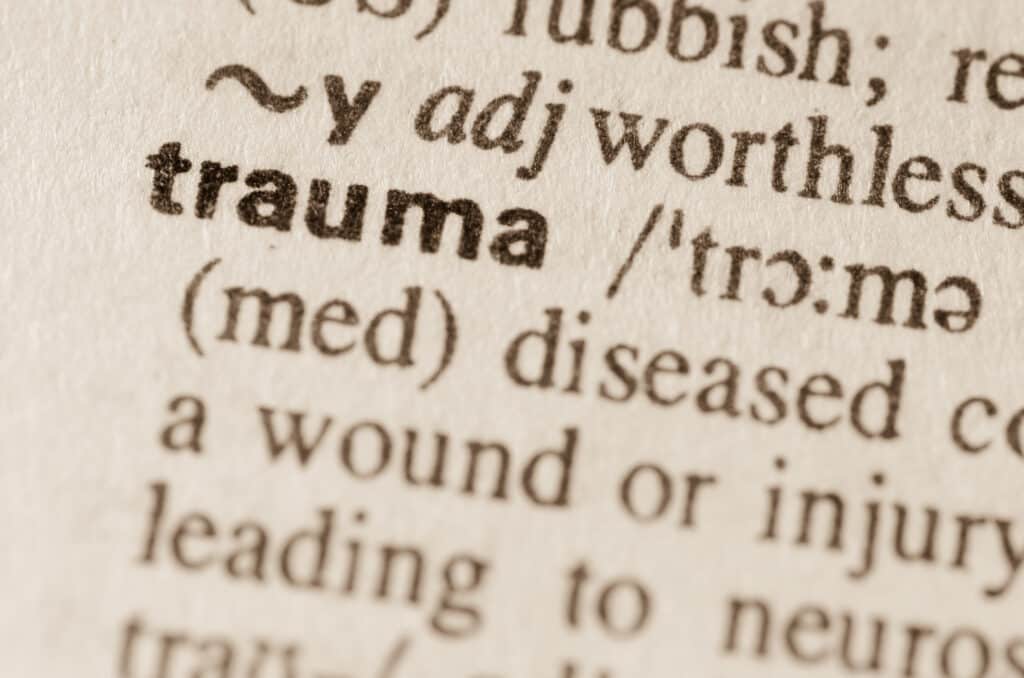For the Month of October, Emmaus Psychology’s blog topics are focused on “TRAUMA.” To write about trauma though we first need to define it and understand its causes.
What is Trauma?
We have all heard the word trauma and how trauma affects people’s lives. When people hear the word “trauma” they mostly think of a traumatic incident that was witnessed or that happened to the person. For example, someone who experiences a violent crime, the loss of a loved one, a serious accident, etc. However, trauma can be categorized into three different subtypes:
- Acute – a single traumatic incident like those mentioned above
- Chronic – repeated and prolonged exposure to traumatic events (ex. childhood abuse)
- Complex – multiple traumatic events
“Trauma is not what happens to you. Trauma is what happens inside you as a result of what happens to you.”
– Gabor Mate
As Gabor Mate says, it is not necessarily the event(s) that happen which creates trauma but how it affects and changes a person internally. This includes their mental health, brain structure, emotions, personality, and/or relationships.
What is Post Traumatic Stress Disorder?
Post-Traumatic Stress Disorder (PTSD), which is diagnosed by a psychologist, is a psychological reaction that develops as a result of a traumatic event. It’s important to note that not everyone who experiences trauma develops PTSD, but many do. In Canada, it is estimated that between eight and 10 per cent of people will experience PTSD in their lifetime. The Diagnostic and Statistical Manual of Mental Health Disorders, 5th Edition (DSM-5) has certain criteria for diagnosing PTSD. An overview of this criteria includes exposure to an event, intrusive symptoms, avoidance, negative changes in thoughts, and changes in arousal.
Whether you are diagnosed with PTSD or not does, not change the fact that trauma can create long-lasting, detrimental, and destructive effects on your life. If trauma is not dealt with and processed, you can be more susceptible to anxiety, depression, addiction, relationship distress, phobia’s, and other mental health issues. Therapy is one way to help deal with and effectively process trauma. One particular therapy that is used to help with the effects of trauma is Accelerated Resolution Therapy (ART).
If you have experienced trauma and the negative impacts to your mental health and need help, please contact Emmaus Psychology.

